Often, pleasure and happiness can seem virtually the same. People engage in a variety of enjoyable activities, from drinking fine wine and bingeing on Netflix to raising children and gaining recognition for their achievements. But pleasure’s instant reward and the contentment that philosophers long associated with happiness are neurologically distinct. Conflating them may have led to the contemporary world’s epidemics of addiction and depression. This didn’t happen by accident. Private and public interests purposely hack the emotional part of people’s brains to maximize profits and promote economic progress.
Differences exist between pleasure and happiness and between reward and contentment.
Pleasure and happiness can seem like virtually the same thing. People seek television shows they like, a bottle of wine, successful marriages and careers. Human culture preoccupies itself with pleasure and happiness, and thinkers have sought to define them for millennia. Yet in recent decades, these two concepts have been systematically conflated, with destructive consequences.
Neurology can provide more precise, biochemical meaning to pleasure and happiness. Pleasure associates with reward. In the brain, a reward pathway manages pleasure in specific ways. Happiness, by contrast, is associated with contentment: A specific “contentment pathway” in the brain manages contentment differently from the reward pathway.
Reward and contentment differ on multiple levels. Reward is fast and furious, while contentment extends over time. Reward is a thrill, driving your heart rate up. Contentment is a condition – serene and relaxing. You can attain reward through drugs, alcohol and food, but you achieve contentment through actions and accomplishments. Reward is about getting something for...
Robert H. Lustig, MD, MSL, is professor of pediatrics in the Division of Endocrinology and a member of the Institute for Health Policy Studies at the University of California, San Francisco. He also wrote Fat Chance, The Fat Chance Cookbook and Sugar Has 56 Names: A Shopper’s Guide.










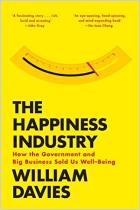
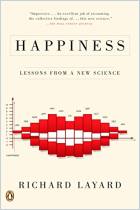

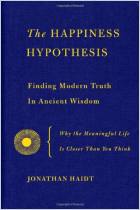
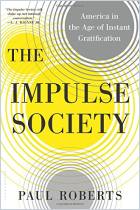
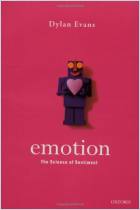

Comment on this summary or 开始讨论